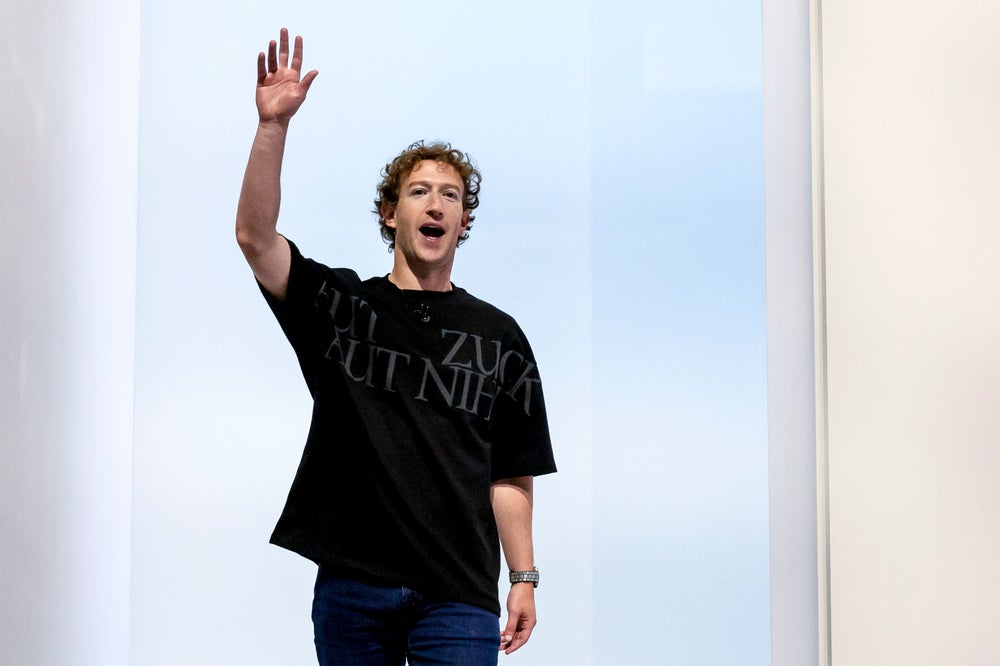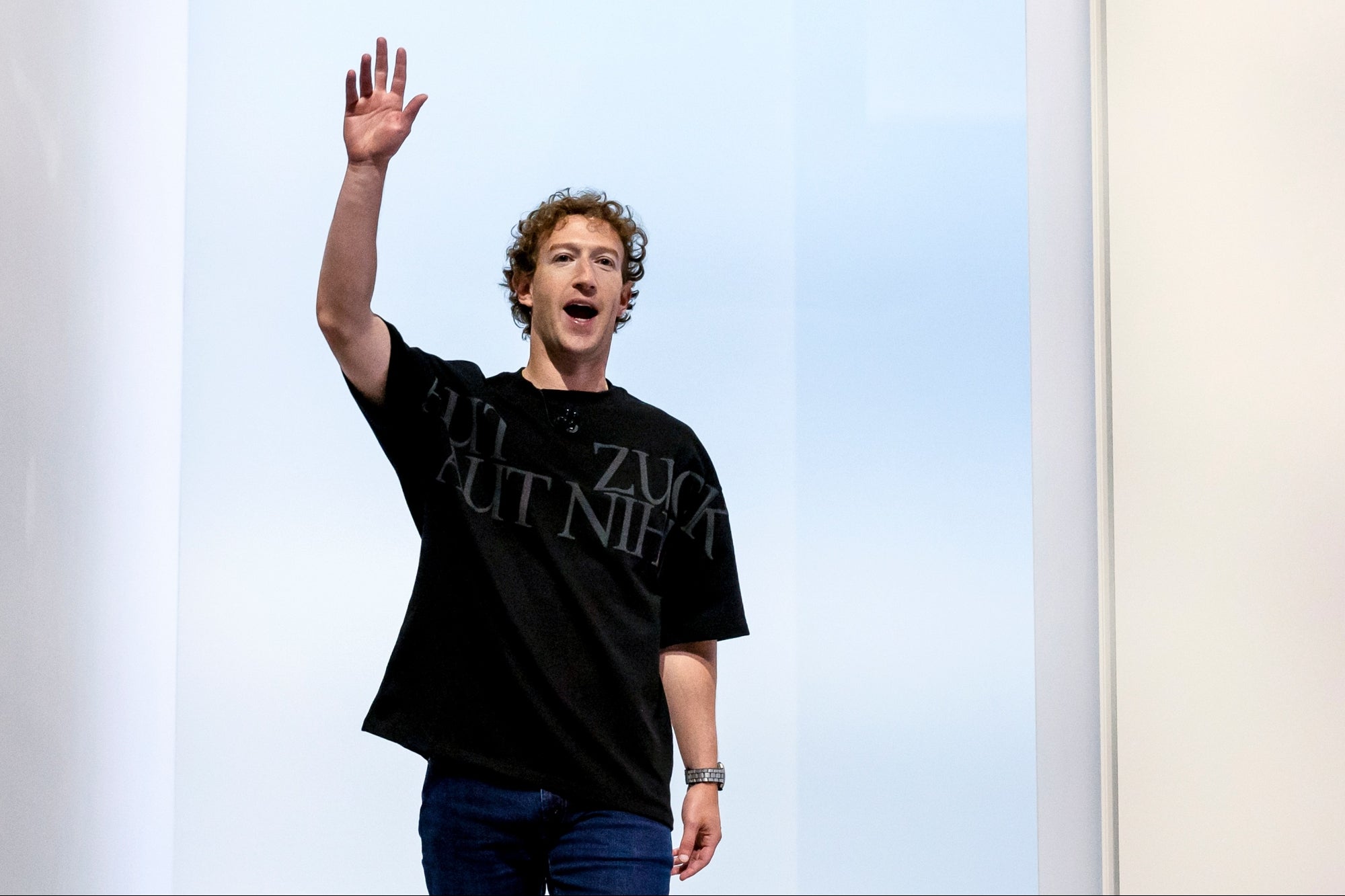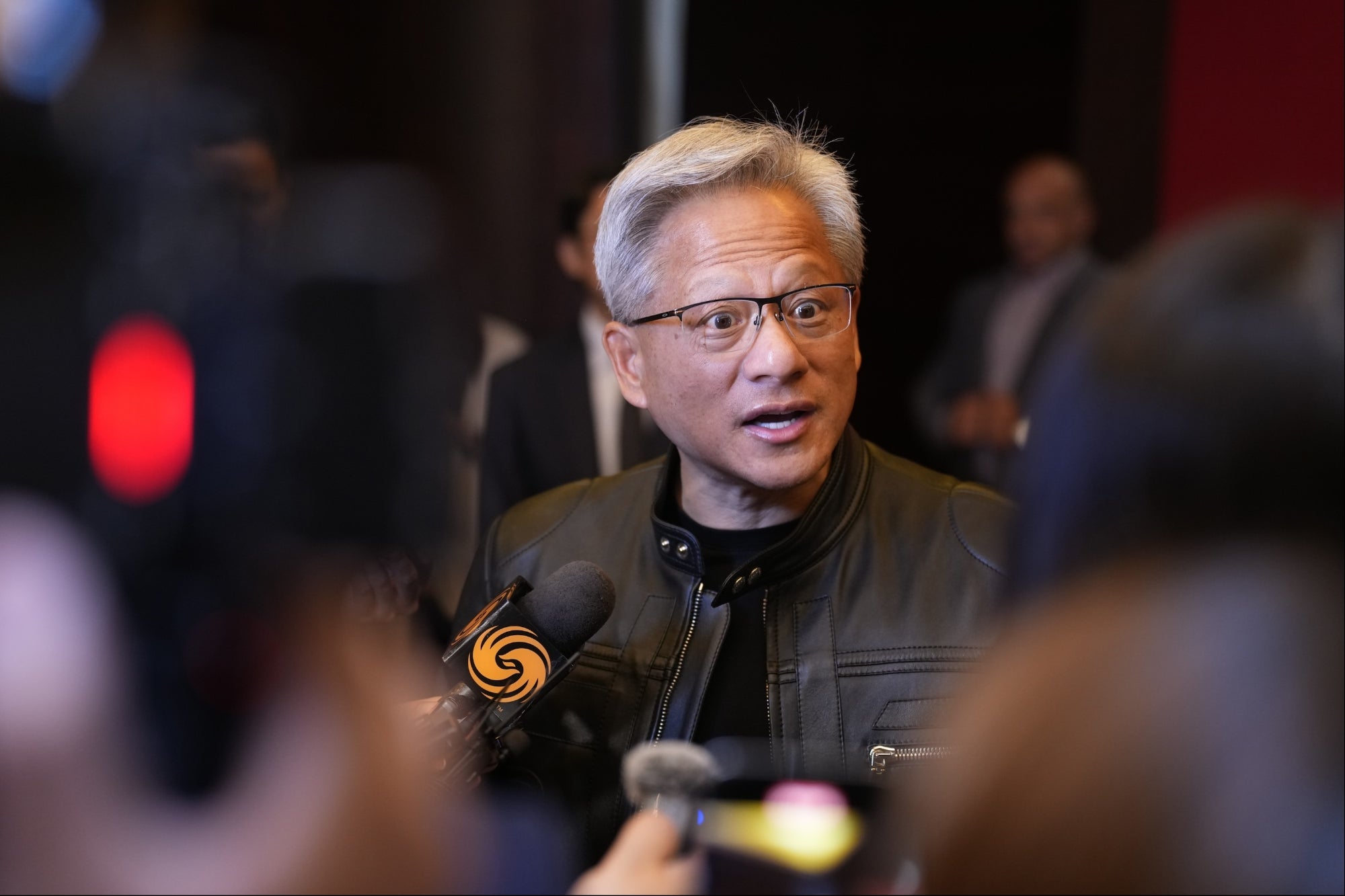Skyrocketing salaries and secretive recruiting efforts have taken over Big Tech as the AI talent wars heat up, with companies including Meta, Google, and Microsoft vying for employees by offering highly competitive compensation.
A key player in the battle is Meta CEO Mark Zuckerberg, 41, who reportedly offered Andrew Tulloch, an AI researcher and co-founder of Thinking Machines Lab, a compensation package worth as much as $1.5 billion over at least six years. The Wall Street Journal reported that Tulloch turned down the offer, but plenty of others have taken the money and joined Zuckerberg’s tech giant.
Related: Meta Is Reportedly Offering Up to Nine-Figure Pay for Researchers on Its New Superintelligence AI Team
Scale AI co-founder and former CEO Alexandr Wang, 28, joined Meta after the company paid $14.3 billion for a 49% stake in his company. In a June memo, Zuckerberg called Wang “the most impressive founder of his generation,” and said that in addition to leading Meta’s superintelligence team, Wang would also be Meta’s Chief AI Officer.
Zuckerberg also highlighted the massive scale of talent poaching happening in Silicon Valley by revealing that other members of his superintelligence group, now called TBD Labs, per a Thursday report from The Wall Street Journal, include researchers poached from Google, OpenAI, and Anthropic.
Meanwhile, Apple has also lost talent to Meta, with four AI researchers joining Zuckerberg’s company in July alone. Meta offered former Apple manager Ruoming Pang a reported $200 million compensation package in early July to join Meta’s superintelligence effort — and Pang accepted.
Zuckerberg reportedly played a personal role in recruiting the TBD Labs team, secretly inviting potential hires to join him at his homes in Palo Alto and Lake Tahoe to discuss offers. According to Bloomberg, Zuckerberg even rearranged the seating arrangements in Meta’s offices to position the superintelligence team closer to him.
 Mark Zuckerberg. Photographer: David Paul Morris/Bloomberg via Getty Images
Mark Zuckerberg. Photographer: David Paul Morris/Bloomberg via Getty Images
The AI push in hiring mirrors a deep investment in AI infrastructure, with Meta committing up to $72 billion, Microsoft $80 billion, and Google up to $85 billion towards building AI facilities this year.
Here’s a look at how others are competing:
Related: Google Is Paying $2.7 Billion to Reportedly Rehire an Early Employee Who Built an AI Chatbot Before ChatGPT
Microsoft
Microsoft AI CEO Mustafa Suleyman has been looking at his former workplace, Google, for fresh AI talent to join the Microsoft team. The Wall Street Journal reported this week that Suleyman, who worked at Google for over a decade and rose to lead the applied AI team, has been copying Zuckerberg by reaching out to recruits personally and offering them better pay.
So far, Suleyman’s efforts have resulted in Microsoft poaching at least 24 employees from Google, mostly from the DeepMind AI group, per WSJ. The poaching includes executives and researchers alike, including Google’s former Vice President of Engineering, Amar Subramanya.
The median salary at Microsoft last year was $193,744, according to a proxy filing with the U.S. Securities and Exchange Commission.
Google signed a $2.4 billion deal with AI coding startup Windsurf last month to bring key talent to the Google DeepMind AI team. Windsurf’s co-founder and CEO, Varun Mohan, co-founder Douglas Chen, and a select group of other researchers from the startup joined Google. As part of the deal, Google obtained a nonexclusive license to Windsurf technology.
Google did the same thing last year, signing a $2.7 billion agreement with Character.AI, a personalized superintelligence startup, in exchange for access to talent, particularly Character AI co-founders Noam Shazeer and Daniel De Freitas. In this deal, too, Google received a nonexclusive license to the startup’s technology.
OpenAI
OpenAI CEO Sam Altman, 40, said in mid-June that Meta had been offering its staff $100 million signing bonuses and “even more than that” in overall compensation in an attempt to poach them away. Meta’s Chief Technology Officer, Andrew Bosworth, refuted the claim.
By the end of June, eight OpenAI researchers had taken the offer and joined Meta’s superintelligence team. In a June 28 memo to staff, OpenAI Chief Research Officer Mark Chen likened the situation to someone breaking into his home and stealing something. He promised that OpenAI was “recalibrating” compensation in response to the offers while keeping pay “fair” for everyone.
On Friday, The Verge reported that some employees received bonuses worth millions earlier this week before the company launched its new GPT-5.
Join top CEOs, founders and operators at the Level Up conference to unlock strategies for scaling your business, boosting revenue and building sustainable success.








